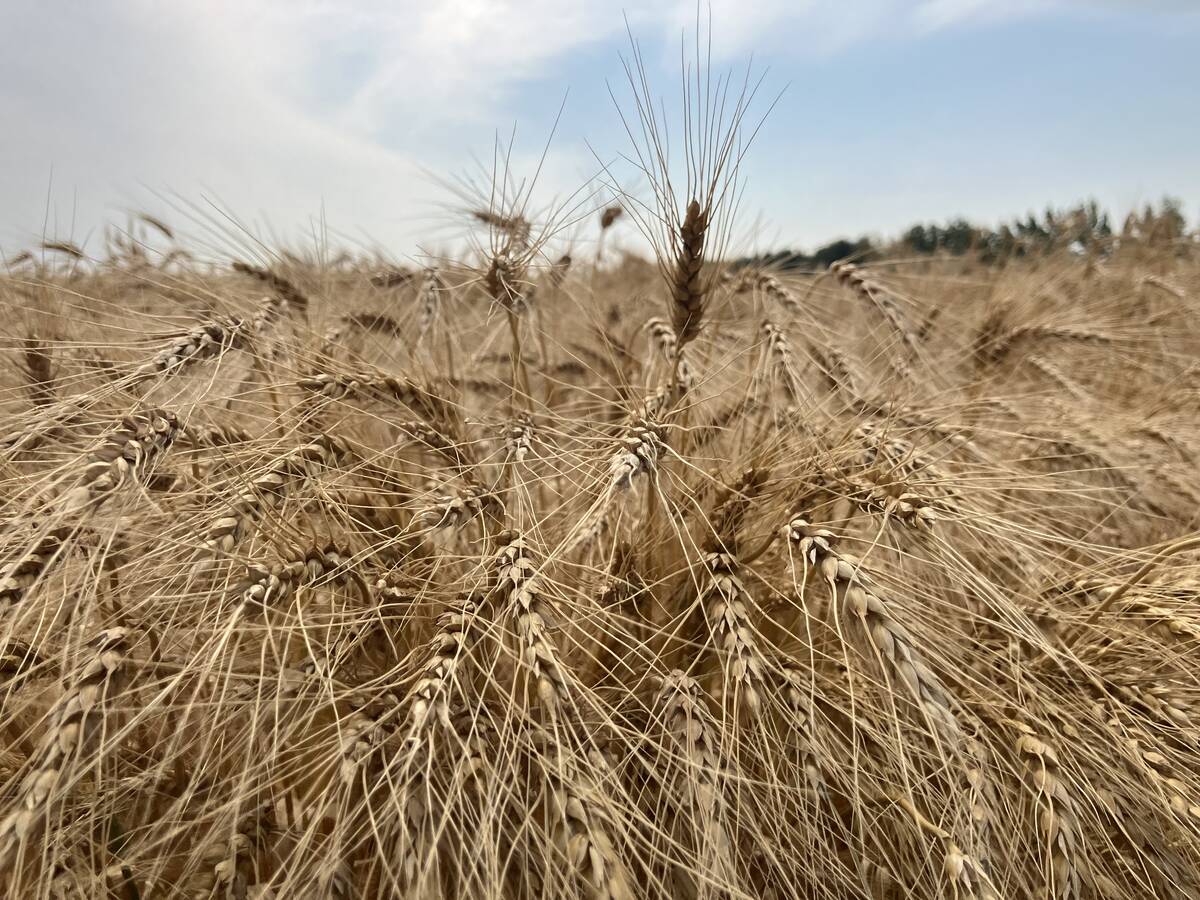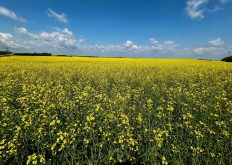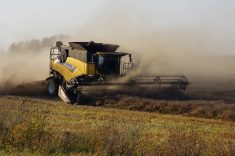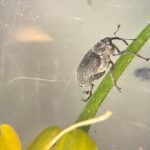Approvals from China are expected to allow several major trait developments to move ahead in Canadian canola, corn and soybean fields.
The Reuters news service on Tuesday reported safety certificate approvals from China’s ministry of agriculture and rural affairs for biotech traits including:
- Bayer’s 88302, or TruFlex canola, approved in Canada since 2012;
- BASF’s RF3, a Liberty herbicide-tolerant canola, also approved in Canada since 2012;
- DAS-44405-6, DowDuPont’s Enlist E3 soybeans, approved in Canada since 2013;
- DP 4114, DowDuPont’s Qrome corn, approved in Canada since 2013; and
- BASF’s glufosinate-tolerant SYHT0H2 soybeans, approved in Canada since 2015.
Read Also

Prairie CWRS wheat bids mixed to start February
Canada Western Red Spring wheat bids held relatively steady during the week ended Feb. 3, with small price declines in some areas and increases in others.
Approval of traits in China is particularly important because it’s Canada’s largest canola seed customer, the Canola Council of Canada said Tuesday.
Recently, the council noted, Canada and China agreed to double agriculture trade by 2025. Canada’s canola sector “will continue to work with China to improve trade predictability.”
China’s approvals will allow the canola industry to proceed with full commercialization of the TruFlex trait and RF3, the council said.
Once those two traits and Corteva’s Optimum GLY — a proprietary glyphosate-tolerant canola which got Canadian regulatory approval in 2012 — are fully commercialized, “the industry expects growers will produce $400 million more canola every year using the same amount of land,” the council said.
New genetics, in combination with the new traits, are expected to improve yields, weed control, disease resistance and crops’ resilience to heat, cold, drought and excess moisture and to reduce harvest loss, the council said.
“Not only will we be able to produce more canola to meet growing world demand, we’ll also be able to do it sustainably, using the same land base,” council president Jim Everson said.
The TruFlex, RF3 and Optimum GLY traits, while all approved in Canada since 2012, were held back from full commercialization until approved in “major markets,” the council said, in keeping with the council’s market access policy.
Council members “voluntarily follow the policy to ensure new innovation does not create trade barriers in Canada’s top canola markets.”
“Seed developers invest hundreds of millions of dollars developing a new trait, but they understand the importance of commercializing seed technology responsibly,” Everson said in a council release. “They know it’s in everyone’s best interests to keep an eye on the long game, and not just short-term opportunities.”
The council noted a “significant milestone” in the traits’ approval came in November in Beijing, when “timely approval of biotech products” was one of the commitments made by Canada and China during the Economic and Financial Strategic Dialogue, an event co-chaired by federal Finance Minister Bill Morneau and International Trade Diversification Minister Jim Carr.
Reuters noted Tuesday the new approvals were granted while a U.S. trade delegation met with Chinese counterparts this week.
The news service quoted an unnamed China representative of a U.S. agricultural industry association describing the approvals as “a goodwill gesture towards the resolution of the trade issue” between the U.S. and China.
Bayer, for one, said Tuesday it’s “encouraged that fundamental improvements in the regulatory process in China remain an important focus in ongoing negotiations with governments that have significant exports to China.”
While the Chinese ag ministry has publicly posted information regarding the new approvals on its website, Bayer said Tuesday it’s “awaiting final documentation, which we expect to receive shortly.”
“After five years of waiting to introduce (TruFlex) to Canadian and U.S. farmers we are thrilled to move forward with commercialization in 2019,” Jon Riley, trait launch lead with Bayer, said Tuesday in a release.
Stewarded plot trials and field demonstrations of TruFlex ran at several locations across Western Canada last summer, the company said, noting it expects TruFlex canola to be seeded on about a million acres in its first season.
Bayer said Tuesday it plans to offer TruFlex in its Dekalb seed brand and via other Canadian licensees such as Nutrien Ag Solutions and Canterra.
Monsanto, which had developed TruFlex before its takeover by Bayer in June, said last spring that TruFlex is to become the company’s new base trait for canola.
The TruFlex trait allows canola growers the option to apply the company’s Roundup WeatherMax glyphosate herbicide in-crop at a rate of 1.33 litres per acre for a single application, or 0.67 litres/acre for two applications, controlling 24 new weed species.
That’s compared to the maximum permitted rate of 0.5 litres/acre for a single application or 0.33 litres/acre for split applications with the company’s current Genuity Roundup Ready canola lines. — Glacier FarmMedia Network















